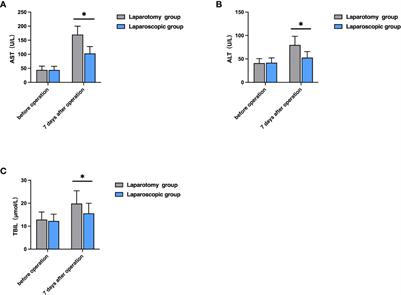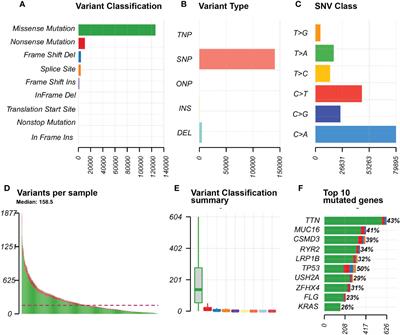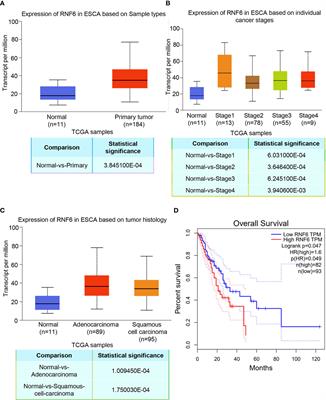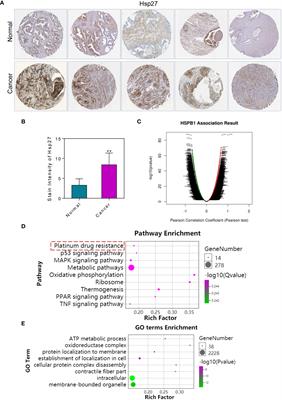EDITORIAL
Published on 20 Jun 2023
Editorial: Epithelial-mesenchymal transition (EMT) as a therapeutic target in cancer, Volume II
doi 10.3389/fonc.2023.1218855
- 924 views
- 1 citation
3,050
Total Downloads
9,680
Total Views and Downloads
Select the journal/section where you want your idea to be submitted:
EDITORIAL
Published on 20 Jun 2023
ORIGINAL RESEARCH
Published on 22 Mar 2023

ORIGINAL RESEARCH
Published on 07 Mar 2023

ORIGINAL RESEARCH
Published on 02 Mar 2023

ORIGINAL RESEARCH
Published on 09 Feb 2023

ORIGINAL RESEARCH
Published on 06 Jan 2023


Frontiers in Pharmacology